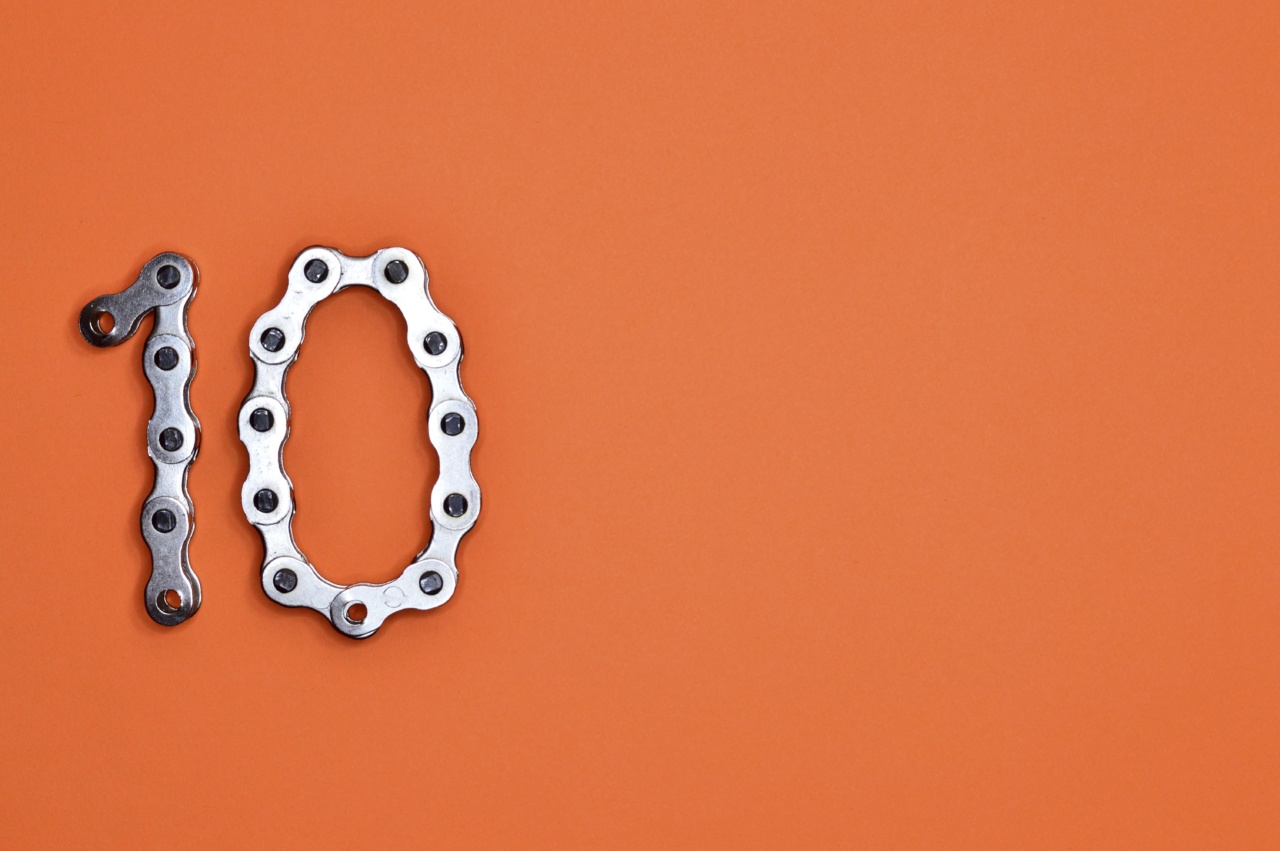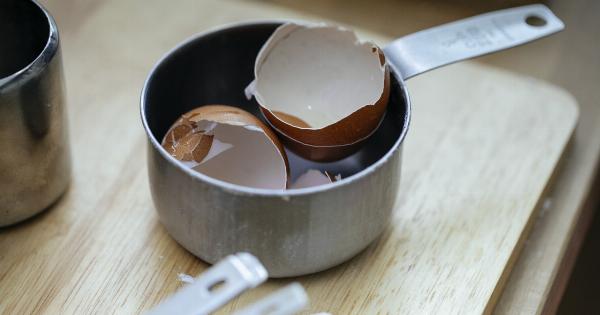Alcohol has been around for thousands of years and has been a part of various cultures and societies. However, there is a lot of misinformation and myths surrounding alcohol that people still believe in.
In this article, we will debunk ten of the most common myths about drinking alcohol.
Myth 1: Drinking Alcohol Helps You Sleep Better
Many people believe that drinking alcohol helps them fall asleep faster and sleep better. While alcohol may help you fall asleep quickly, it interferes with the quality of sleep.
It reduces the amount of REM sleep, which is the deep and restful sleep you need to feel refreshed. People who consume alcohol before bed are more likely to wake up during the night and have disturbed sleep. Therefore, it is better to avoid alcohol before bed and stick to other sleep-promoting techniques such as meditation or reading a book.
Myth 2: Alcohol Warms You Up
People often think that drinking alcohol can help you keep warm on cold days. However, alcohol does not raise your body temperature – it actually lowers it.
Alcohol dilates the blood vessels, which causes a rush of blood to the skin, leading to a feeling of warmth. However, this causes a drop in your core body temperature, which can be dangerous in cold weather conditions. It is essential to dress warmly and keep your body temperature up in extreme weather conditions.
Myth 3: Beer is Not as Intoxicating as Other Alcoholic Drinks
Many people believe that beer is less potent than other alcoholic drinks such as wine or spirits. However, this is not true. Beer, wine, and spirits all contain the same amount of alcohol per serving.
The only difference is in the quantity and timing of consumption. A standard serving of beer, wine, and spirits contains around 14 grams of alcohol. Therefore, it is essential to monitor your alcohol consumption irrespective of the type of drink you choose.
Myth 4: Alcohol Kills Brain Cells
Another common myth is that drinking alcohol can kill brain cells. However, this is not true. While excessive drinking can cause temporary memory loss and impaired cognitive function, it does not kill brain cells.
Prolonged and excessive drinking can lead to permanent damage to the brain cells, leading to alcohol use disorder, dementia, and other neurological problems. It is important to drink responsibly and limit your alcohol consumption to avoid any long-term health effects.
Myth 5: Mixing Different Types of Alcohol Gets You Drunk Faster
People often believe that mixing different types of alcohol such as beer, wine, and spirits can get you drunk faster. However, this is not true.
The amount of alcohol you consume determines your level of intoxication, regardless of the type of drink you choose. Mixing different types of alcohol can increase the chances of an upset stomach, dehydration, and other health problems. It is essential to stick to one type of drink and drink responsibly.
Myth 6: Alcohol Makes You More Creative
Many artists and writers believe that alcohol can enhance their creativity and allow them to be more productive. However, alcohol does not increase creativity – it impairs judgment and inhibitions.
Drinking alcohol can lead to poor decision-making skills and impaired cognitive function, making it difficult to produce creative work. Rather than rely on alcohol for inspiration, it is essential to develop healthy coping mechanisms and tools to enhance creativity.
Myth 7: Alcohol is a Social Lubricant
People often believe that alcohol can help them loosen up and socialize better. While it may ease social anxiety and allow you to let loose, it can also lead to dangerous and risky behavior.
Drinking alcohol can lead to accidents, fights, and other dangerous situations, leading to severe consequences. Rather than relying on alcohol to socialize, it is essential to develop healthy social skills and techniques to feel comfortable in social situations.
Myth 8: Drinking in Moderation is Safe
While drinking in moderation can be safe and even beneficial, it is essential to understand what moderation means.
According to the National Institute on Alcohol Abuse and Alcoholism, moderate drinking means no more than one drink per day for women and no more than two drinks per day for men. Exceeding this limit can lead to long-term health problems such as liver damage, high blood pressure, and other health problems. It is important to drink responsibly and monitor your alcohol consumption.
Myth 9: Alcohol Flush Reaction is Harmless
Some people experience a flushing reaction after consuming alcohol, which involves redness, itching, and a warm sensation on the face and neck. Many people believe that this is a harmless reaction and continue to drink without any concern.
However, this reaction is an indication of a genetic variant that affects the metabolism of alcohol, leading to an increased risk of developing esophageal cancer, alcohol use disorder, and other health problems. It is essential to understand this reaction and limit your alcohol consumption or avoid it entirely.
Myth 10: Alcohol is Essential for Celebrations and Special Occasions
Many people see alcohol as an essential part of celebrations and special occasions. However, alcohol is not necessary to enjoy a good time and socialize with friends and family.
Drinking alcohol can lead to undesirable consequences such as accidents, fights, and other risks that can spoil the celebrations. It is essential to celebrate and enjoy special occasions without the influence of alcohol and focus on connecting with the people around you.





























